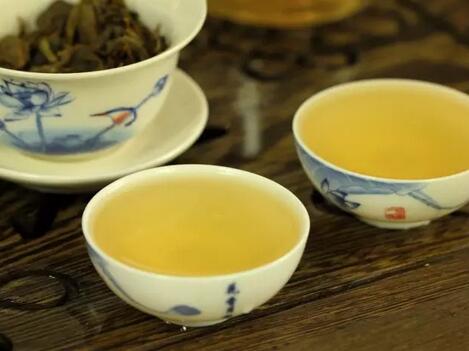
As we all know, drinking tea is good for health, especially when done consistently over time. The key to tea-based health maintenance lies in knowing the best times to drink tea. Drinking the right tea at the right time can yield twice the result with half the effort.

What is the best time to drink tea?
Morning tea
Drinking tea in the morning helps replenish the body's water loss after a whole night's rest, when blood concentration is higher. A cup of light tea not only hydrates quickly but also cleanses the stomach, lowers blood pressure, and thins the blood, benefiting overall health. It can also help prevent and treat constipation. However, avoid strong tea in the morning; opt for a lighter brew.
What to drink in the morning
Black tea is ideal in the morning because it promotes blood circulation and dispels cold, ensuring ample blood supply to the brain. A cup of black tea after breakfast, optionally with milk, is recommended. Note that tea should never be consumed on an empty stomach, as the caffeine in tea can cause discomfort like palpitations and frequent urination.
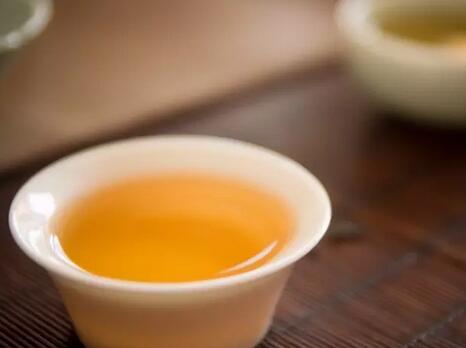
Afternoon tea
Drinking tea around 3:00 PM helps regulate the body, boosts immunity, and prevents colds. This is the most important tea time of the day, often called "afternoon tea." For people with conditions like high blood pressure, high cholesterol, or high blood sugar, consistent afternoon tea can achieve effects that medications may not.
What to drink in the afternoon
In the afternoon, oolong tea or green tea is best. Around midday, the liver tends to be overactive, and these teas can help alleviate this. Oolong tea, such as Tieguanyin, has a cooling nature and enters the liver meridian, clearing heat and detoxifying the liver. It is also rich in vitamin E, which fights aging.
Green tea, on the other hand, enters the kidney meridian, aiding in detoxification and promoting smooth urination. It is rich in tea polyphenols, which have strong antioxidant and anti-inflammatory effects.
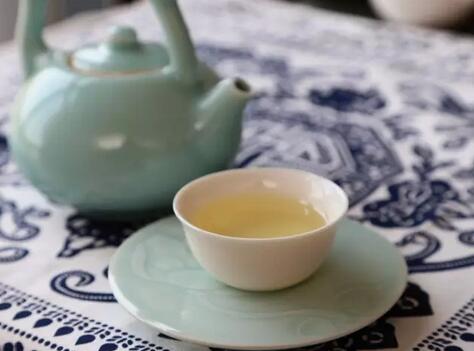
Evening tea
Drinking tea around 8:30 PM is beneficial, contrary to the misconception that it disrupts sleep. This is when the immune system is most active, and tea can help repair and restore it, aiding cell regeneration.
Avoid green tea at night, as it is unfermented and may be too stimulating. Instead, opt for dark tea, especially ripe pu-erh. It is mild and won’t disrupt sleep. Drinking dark tea after dinner also helps break down accumulated fat, warming the stomach and aiding digestion.
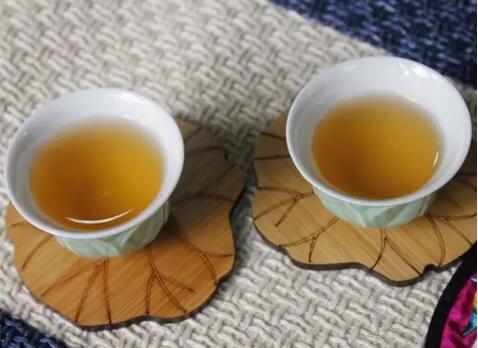
Some say: Drinking tea is not about the water but the flavor. Over time, it’s not even the tea’s taste but the essence of life and the heart. Different seasons or times of the day correspond to different teas, much like the warm or cool moments in life. The difference is, most of life is mundane, but with a calm heart, tea always offers flavor.
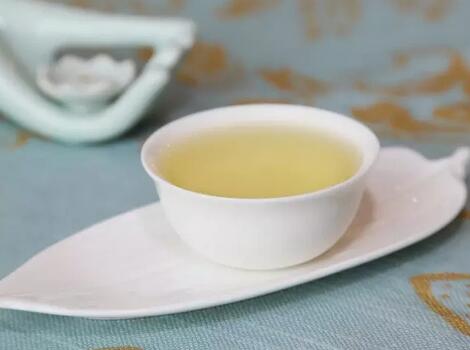
Drinking tea requires respecting each variety, much like appreciating a friend—regardless of status, there’s always something to admire. To understand tea, one must engage with it sincerely, as with a friend. Knowing its story deepens understanding and improves companionship.